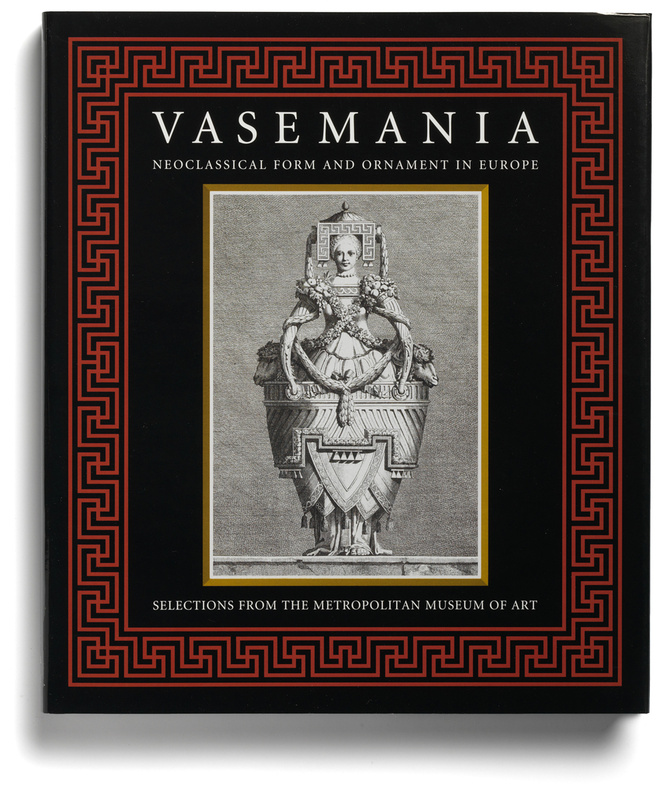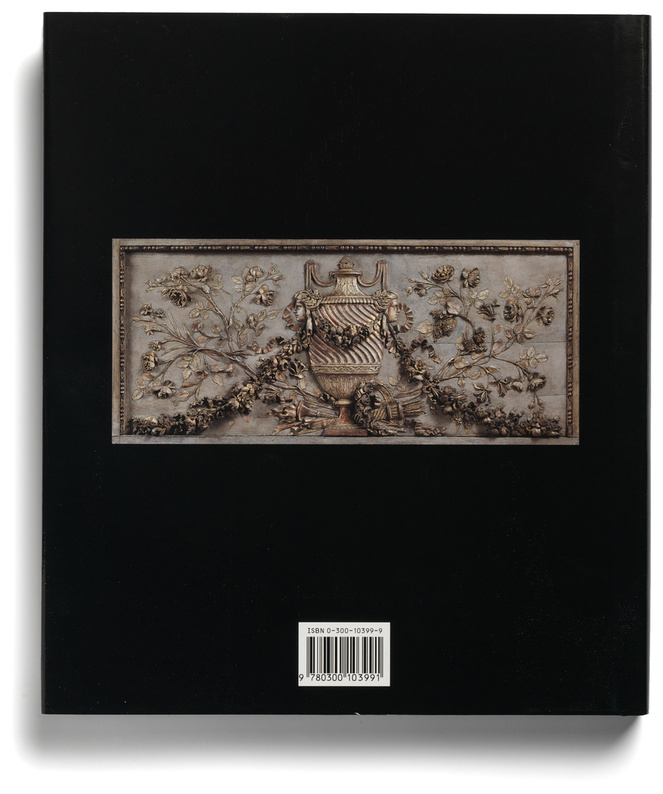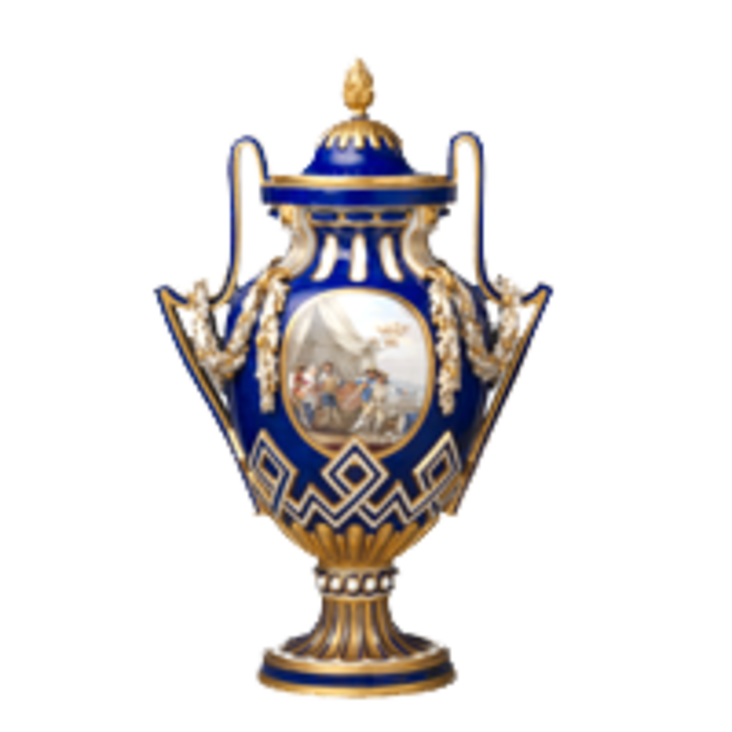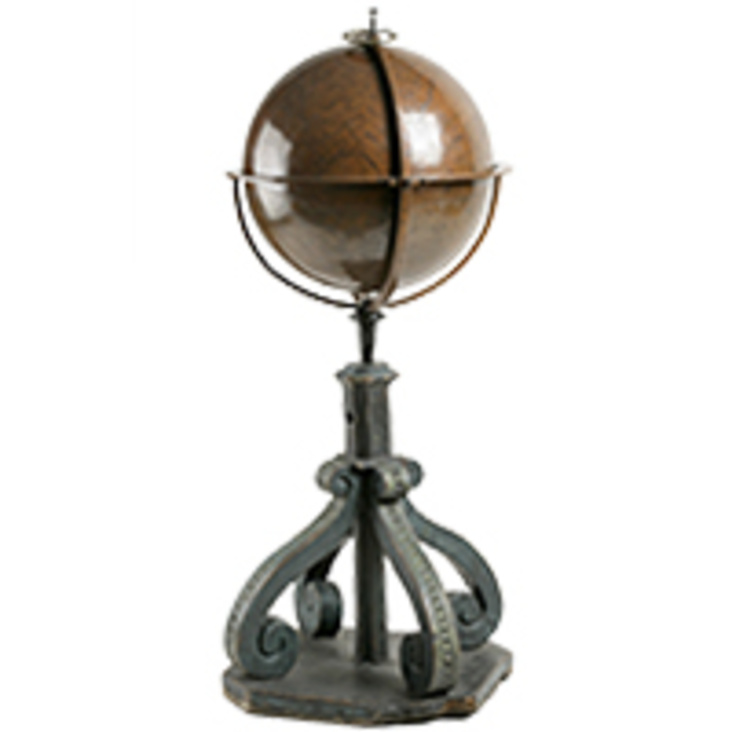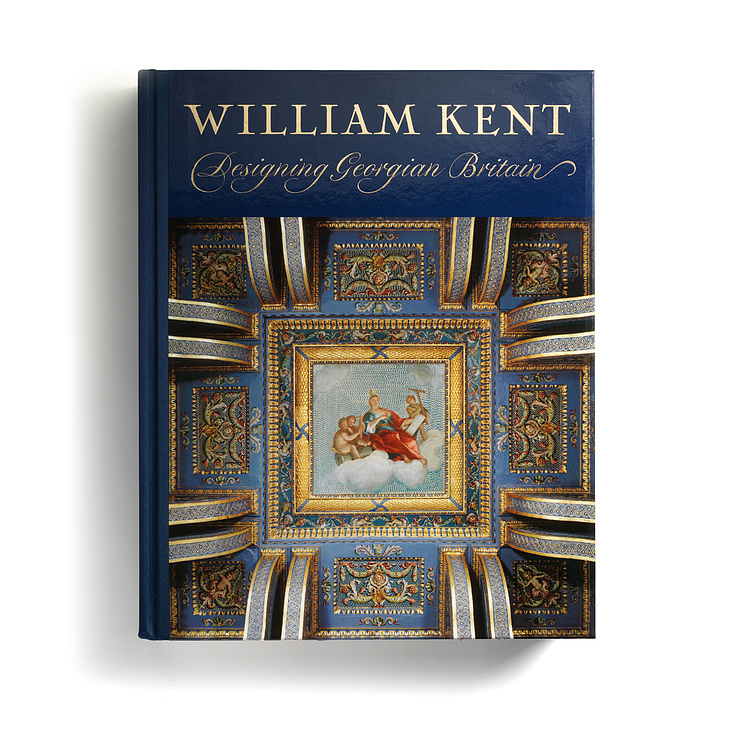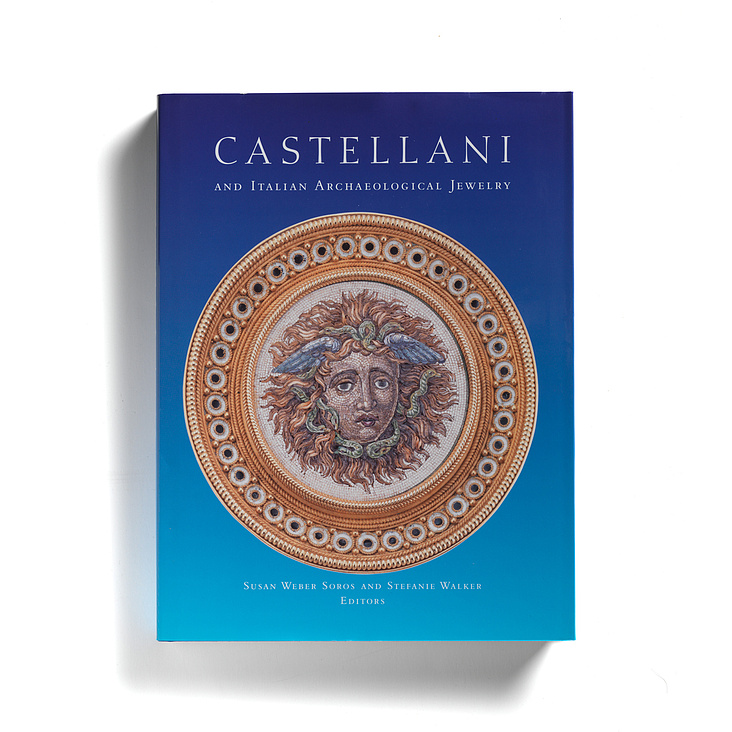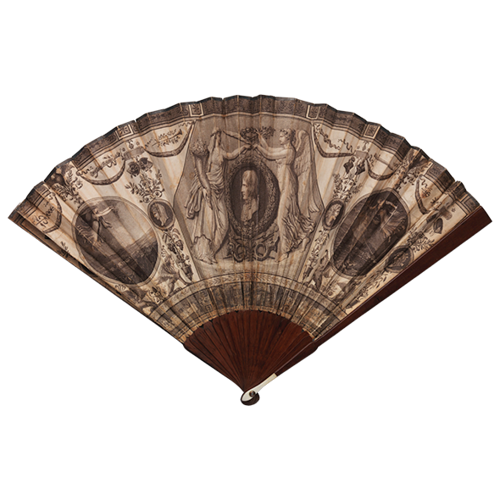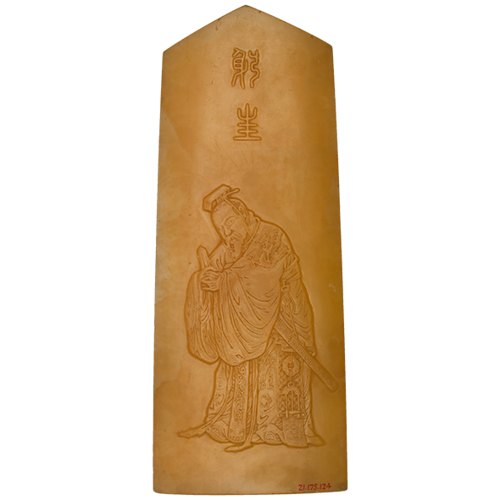When the ancient sites of Herculaneum and Pompeii were excavated in the eighteenth century, the objects found there renewed artistic interest in classicism. Neoclassical style and imagery permeated paintings, sculpture, furniture, and decorative arts of the period, and a central element of design in all these art forms was the vase.
This beautiful book is the first to focus on the vase as an artistic and ornamental form in a variety of media. It presents and discusses about one hundred hidden treasures from The Metropolitan Museum of Art’s reserve collection—not only vases but also wine and water urns, knife boxes, ink wells, perfume burners, fabrics, carved paneling, marquetry furniture, silver, works on paper, and paintings—all using the vase motif. Vase imagery ranged from austere to fantastic to romantic, say the authors of this book, and the vase became a new paradigm of artistic achievement and a central symbol of European Neoclassicism.
William Rieder is the deputy head of the department of European Sculpture and Decorative Arts, The Metropolitan Museum of Art.
Stefanie Walker is Special Exhibitions Curator at the Bard Graduate Center for Studies in the Decorative Arts, Design, and Culture.
Hans Ottomeyer is director of the German Historical Museum in Berlin.
Susan Weber Soros
Preface
Philippe de Montebello
Collecting Neoclassical Decorative Art at The Metropolitan Museum of Art
Heather Jane McCormick
The Metamorphosis of the Neoclassical Vase
Hans Ottomeyer
Catalogue
The Hamilton Collection and Its Influence
The Vase as a Template for Artists and Early Neoclassicism
Tradition and Innovation at the Royal Manufactories
Technical Discoveries and the Commercial Marketing of the Vase
Neoclassicism and the New Aesthetic in Silver
The Vase as an Ornament in Furniture and Furnishings
The Vase as a Design Element in Interiors
Symbol to Satire: The Vase as Icon
Selected Bibliographies
Glossary
Frequently Cited Works
Index of Names
